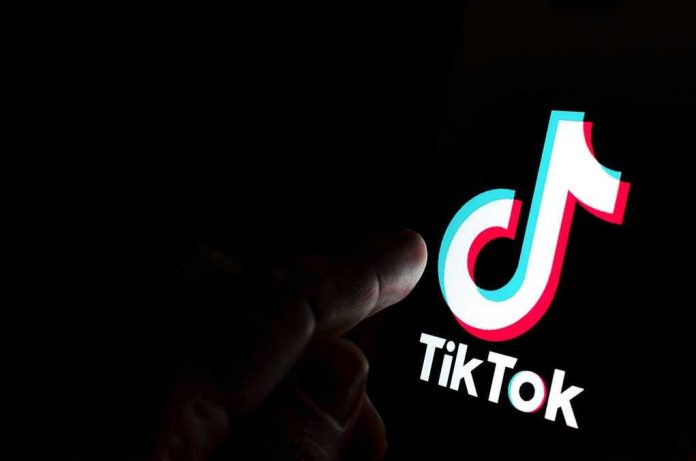
While Americans are laser-focused on securing our own borders, the Biden-to-Trump era whiplash has the federal government preparing to force a sale of TikTok’s US operations, launching a new app, and—brace yourself—hoping the Chinese Communist Party says yes to the whole thing.
At a Glance
- US lawmakers demand ByteDance divest TikTok’s US business or face a nationwide ban
- TikTok is prepping a new US-only app, codenamed “M2,” launching September 5, 2025
- ByteDance hopes to retain a minority stake, but China’s government must approve any sale
- Users will be forced to download the new app by March 2026 to keep using TikTok in the US
Congress Throws Down the Gauntlet to ByteDance
After years of politicians wringing their hands over Chinese tech’s grip on American eyeballs, Congress finally decided to do something about TikTok. The bipartisan consensus? Either ByteDance sells the app’s US operations to American hands or TikTok gets banned from every phone, tablet, and smart fridge in the country. The deadline—a classic government extension—now sits at September 17, 2025, after earlier attempts at a sale fizzled when Beijing predictably threw a tantrum over “forced technology transfers.” So, with the clock ticking and campaign season heating up, the message is clear: no more playing host to apps that could be sending our data straight to party bosses in Beijing.
To sidestep the ban hammer, TikTok is rolling out a new US-specific version of its app, internally called “M2,” on September 5, 2025. The move aims to check all the boxes for national security hawks and ease the handoff to a US-based owner—likely a consortium that includes Oracle. But don’t think ByteDance is walking away from the table; they’re hoping to keep a minority stake, assuming the Chinese government doesn’t pull the plug at the last minute. For American users, the current TikTok app will keep working until March 2026, at which point it’s migrate or die—download the new app or kiss your viral dance videos and side hustles goodbye.
The US-China Tech Tug-of-War Gets Personal
The TikTok saga is the latest chapter in the never-ending US-China tech cold war, and just like everything these days, it’s also a political football. The White House and Congress are painting the forced sale as a win for US national security and a blow to Communist China’s ambitions to siphon off American data. ByteDance, meanwhile, is doing its best “please everybody” routine—trying to keep some skin in the game here while not running afoul of Beijing’s notoriously prickly bureaucrats, who hate the idea of US regulators dictating the terms of their tech companies’ futures.
Chinese officials have already made clear they’ll have the final say, and previous attempts to spin off TikTok’s US business have crashed and burned thanks to “national security” laws on their end. Don’t forget: the Chinese government has a long record of using its regulatory muscle to block deals it doesn’t like, especially when the US is involved. So while President Trump and his team talk up a “pretty much” done deal, nobody’s popping champagne just yet. Until the ink dries—and Beijing signs off—this saga is far from over.
Impacts for Users, Industry, and America’s Digital Future
For every American who’s built a following, a business, or just a daily habit on TikTok, this forced migration is about to get real. Tens of millions will have to download a new app, re-learn the quirks of a new platform, and pray their followers come with them. Businesses and content creators who rely on TikTok for sales and outreach might find their audiences fragmented or lost in the shuffle. On the tech industry side, the sale could shift billions of dollars and give US companies a bigger slice of the social media pie—if, and only if, the deal goes through.
Politically, this entire episode is being framed as a win for American sovereignty and a slap in the face to Chinese tech ambitions. The forced sale and app migration could set a precedent for how the US—and other countries—deal with foreign-owned platforms. But privacy advocates and digital rights groups are already warning that government overreach could stifle free speech and innovation, while still not solving the root security concerns if ByteDance manages to keep a foot in the door.
Sources:
AppleInsider: TikTok building new version of app ahead of expected US sale: report
The Information: TikTok to launch new app in September as US sale looms
Threads: The Information on TikTok’s US app launch







